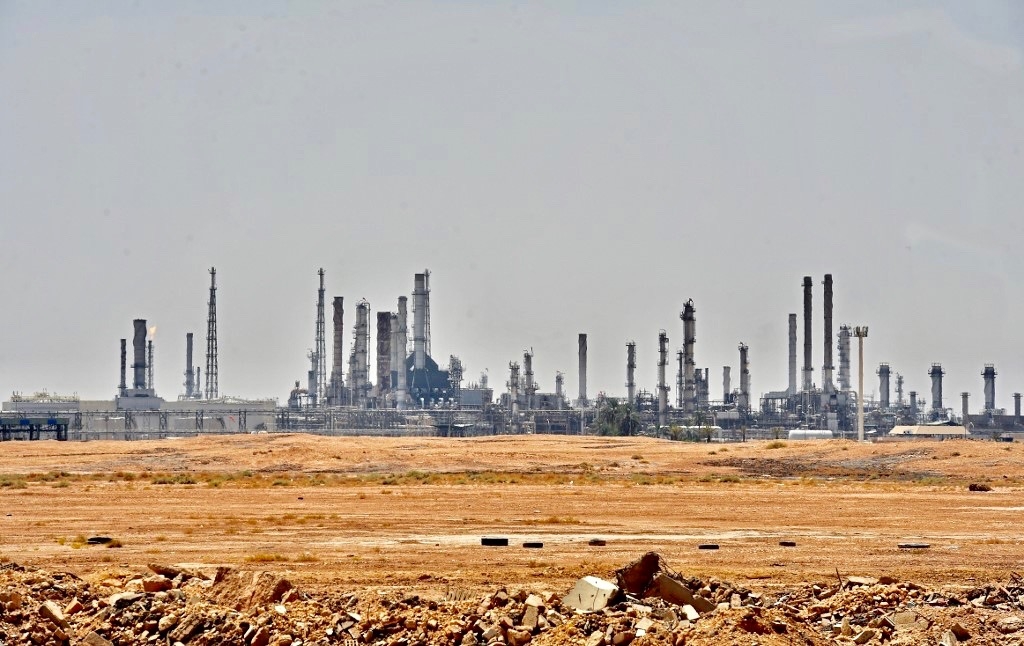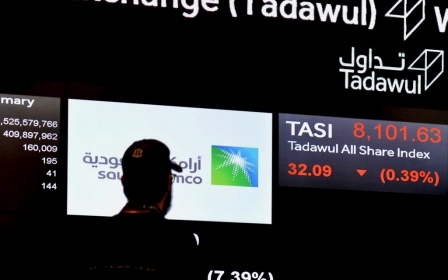Saudis plan crude oil output increase, begin price war: Reports

Saudi Arabia plans to increase its crude oil output next month to more than 10 million barrels a day and slash prices in response to the collapse of its Opec+ alliance with Russia, Bloomberg News reported on Saturday.
On Friday, Russia balked at Opec's proposed steep production cuts to stabilise prices hit by the economic fallout from the coronavirus, and OPEC responded by removing limits on its own production, Reuters reported.
"Prices plunged because the Opec confab ended up being an epic fail on the part of all involved. Russia has clearly decided to employ a scorched earth approach to the oil market: every country for itself," John Kilduff, partner at Again Capital in New York, told Reuters.
The world’s biggest oil exporter then began a price war on Saturday by slashing the prices it sells crude into foreign markets by the most in at least 20 years, offering unprecedented discounts in Europe, the Far East and the US to entice refiners to purchase Saudi crude at the expense of other suppliers.
New MEE newsletter: Jerusalem Dispatch
Sign up to get the latest insights and analysis on Israel-Palestine, alongside Turkey Unpacked and other MEE newsletters
At the same time, Saudi Arabia has privately told some market participants it could raise production much higher if needed, even going to a record of 12 million barrels a day, according to people familiar with the conversations who asked not to be identified to protect commercial relations, Bloomberg reported.
With demand being ravaged by the coronavirus outbreak, opening the taps may throw the market into chaos. Reuters said that Saudi Arabia had cut its official selling price (OSP) for April for all crude grades to all destinations by anywhere from $6 to $8 a barrel, sending oil into a tailspin.
On Sunday, oil futures suffered their biggest daily loss since 1991 after Brent futures fell $9.95, or 22.0 percent, to $35.32 a barrel by 6:34pm EDT (2234 GMT), while US West Texas Intermediate (WTI) crude fell $8.99, or 21.8 percent, to $32.29. Earlier in the session, both contracts fell to their lowest since February 2016, with Brent down to $31.02 per barrel and WTI at $30, Reuters said.
Other OPEC producers, including Iraq, Kuwait and the United Arab Emirates, will likely follow Saudi Arabia's move with steep cuts to their own oil prices for April, Reuters reported on Sunday.
“That’s the oil market equivalent of a declaration of war,” said a commodities hedge fund manager, asking not to be identified because of the sensitivity of the situation.
Negotiating chess game
Still, the break in a three-year alliance between the Saudi-led oil cartel and Russia to support prices may be temporary. The moves over the weekend may well have been part of a negotiating chess game, and the Saudis and Russians may still reach a compromise. But if the collapse is lasting, oil executives say there is nothing to stop prices from tumbling to the lowest levels in at least five years, the New York Times reported on Sunday.
“If a true price war ensues, there will be plenty of pain in the oil markets,” Badr Jafar, president of Crescent Petroleum, a United Arab Emirates oil company, told the Times. “Many will be bracing for the economic and geopolitical shocks of a low-price environment.”
The production increase and deep discounts mark a dramatic escalation by the Saudis after Russia rejected an ultimatum on Friday in Vienna at the Opec+ meeting to join in a collective production cut. After the talks collapsed, Russia indicated countries were free to pump-at-will from the end of March.
With jet fuel, gasoline and diesel consumption rapidly decreasing amid the economic impact of the coronavirus outbreak, the energy market now faces a simultaneous supply-and-demand shock.
After the failure in Vienna, Riyadh responded within hours by cutting its OSP, offering record discounts for some of the crude it sells worldwide, according to a copy of the prices seen by Bloomberg News. Aramco has set the prices, but the official communication to clients is likely to come on Monday, a person familiar with the matter said.
The Saudi Energy ministry didn’t respond to a request for comment from Bloomberg.
Oil traders are looking to historical charts for an indication of how low prices could go. One potential target is $27.10 a barrel, reached in 2016 during the last price war. Some believe the market could go even lower.
“We’re likely to see the lowest oil prices of the last 20 years in the next quarter,” Roger Diwan, an oil analyst at consultant IHS Markit and a veteran OPEC watcher, told Bloomberg, implying that the price could fall below $20 a barrel.
Middle East Eye delivers independent and unrivalled coverage and analysis of the Middle East, North Africa and beyond. To learn more about republishing this content and the associated fees, please fill out this form. More about MEE can be found here.




